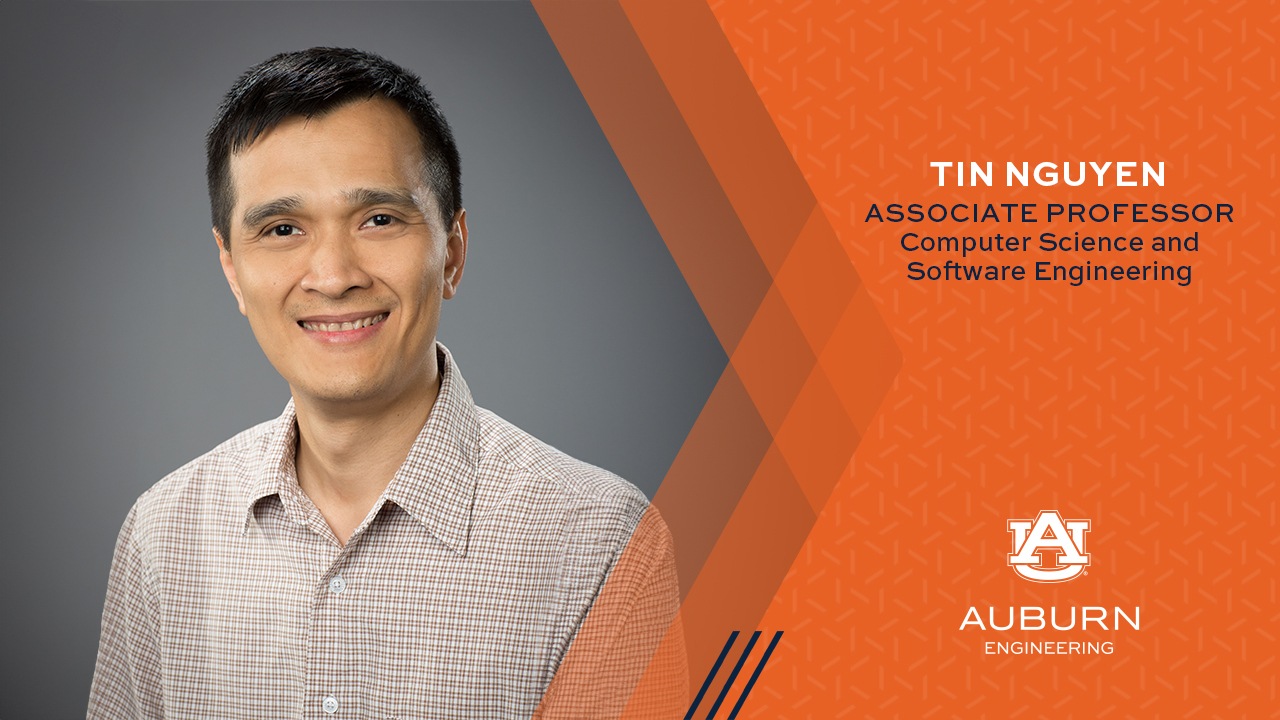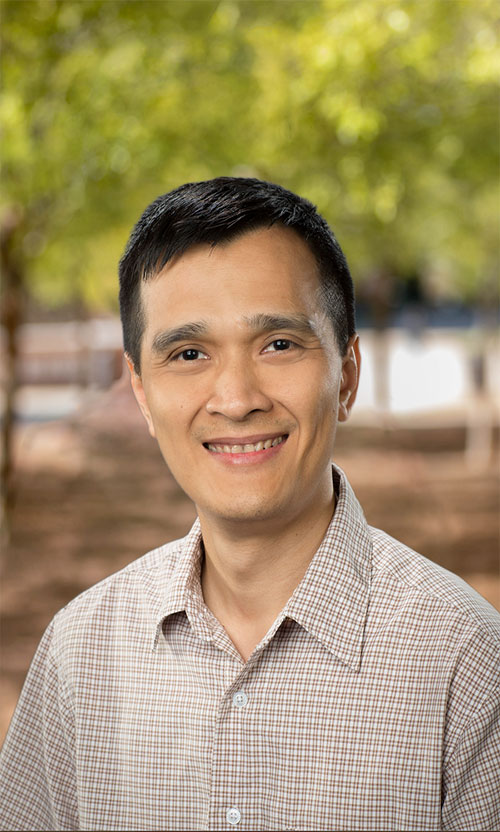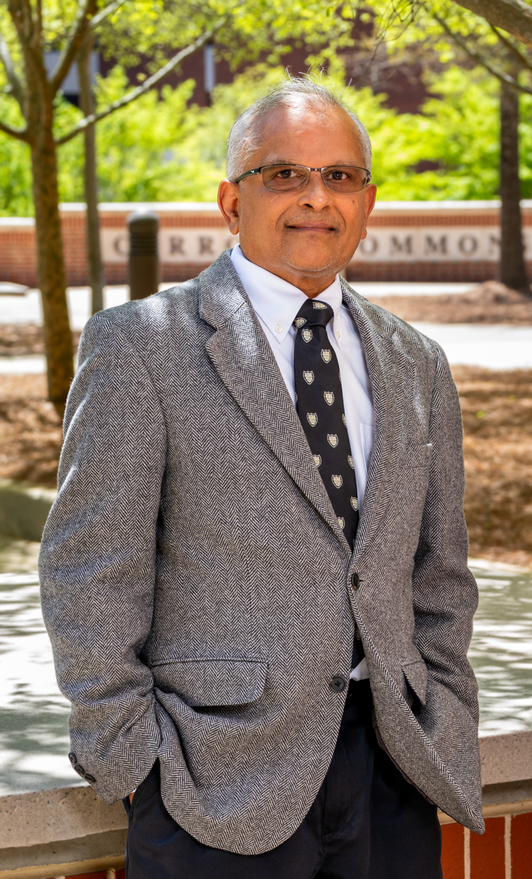Professor in computer science and software engineering uses data science, machine learning to combat cancer subtype misdiagnoses
Published: Nov 9, 2023 10:40 AM
By Joe McAdory
More than 40,000 patients in the U.S. could die each year as a result of misdiagnoses — with 37.8 percent of those related to cancer, a British Medical Journal study revealed. Diagnosis, followed by treatment, for one cancer subtype might not be suitable for another.
Tin Nguyen, however, has a proposal… not with novel treatment methods or medicine. Not with laboratory testing capable of targeting specific genes. And not with specialized, high-tech medical equipment. Instead, Nguyen prefers a computer. A really, really, big computer.
The outcome: fewer fatalities, less suffering, and reduced health care costs.
Nguyen’s study, “Personalization of graphical models using multi-omics data for subtype discovery and prognosis,” earned a three-year, $1.2 million grant from the National Institute of Health to find an ideal means of diagnosing cancer subtypes by means of data analysis — crunching years’ worth of laboratory discoveries and experiments and apply those to patients’ personalized pathway profiles.
“With computer science, you can collect data from multiple cancer-related experiments from the past decades and put them together,” said Nguyen, associate professor in the Department of Computer Science and Software Engineering (CSSE) and director of the Bioinformatics Lab at Auburn University. “My solution is that we put data collected from these experiments into one analysis. That way we are not biased toward any study, and we are not biased toward any method or any type of molecular data. We can potentially have a complete picture. Then we can try to see treatments, or diseases, from many different aspects that one the experimenter cannot do. This will give a more comprehensive guideline.”
Nguyen said the study will create a complete analysis pipeline and web application able to integrate studies from multiple focuses (multi-omics), discover molecular subtypes and visualize subtypes’ pathway signatures, which could be targeted for therapeutic interventions.
“Techniques of computational statistics, data science, and machine learning are becoming increasingly important in medicine as powerful tools for finding patterns and making predictions from massive amounts of data, thus augmenting human capabilities,” said CSSE Department Chair Hari Narayanan. “Therefore, the department’s push to achieve excellence in artificial intelligence research includes a focus on applications to computational healthcare, and we are lucky to have attracted a scholar of Dr. Nguyen’s caliber to join Auburn.”
Nguyen began his tenure at Auburn University this past August and brings a decorated research record in the bioinformatics arena. The former assistant professor in computer science at Nevada-Reno University earned a National Science Foundation Faculty Early Career Development (CAREER) Award to develop machine learning techniques that can crunch molecular and biological data and perhaps determine cancer progression.
The American Cancer Society projected 1.9 million will be diagnosed with cancer in the next year.
“How long will they live?” Nguyen asked. “I understand that some cancers are more aggressive than others. But I’m determined to develop methods that can better diagnose cancer subtypes early enough and the proper treatment will prolong lives.”
Media Contact: , jem0040@auburn.edu, 334.844.3447
Tin Nguyen joined the Auburn Engineering faculty this past August after earning a National Science Foundation CAREER Award at Nevada-Reno.



